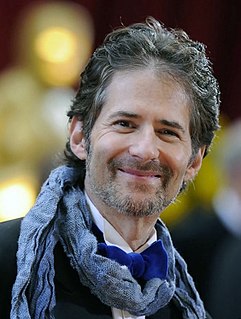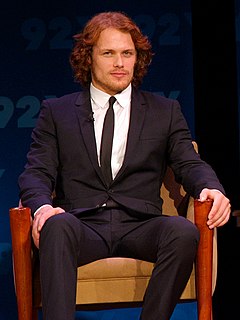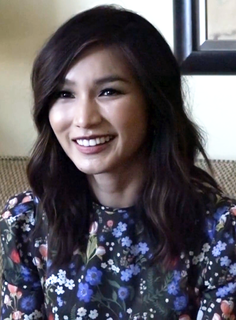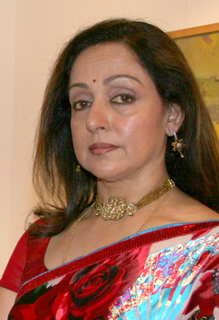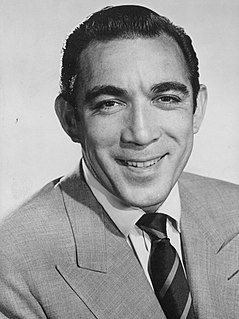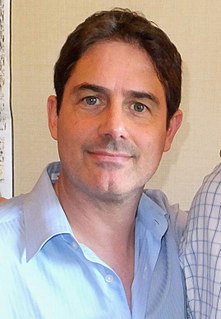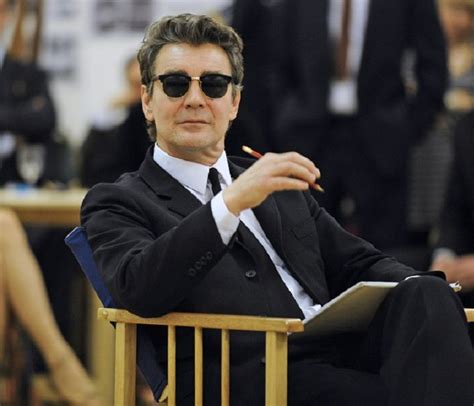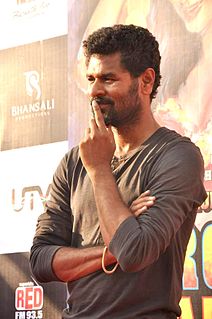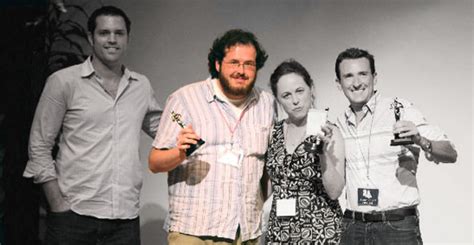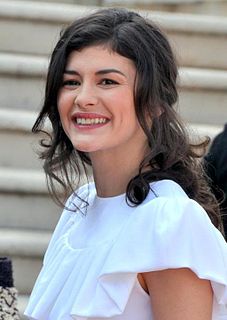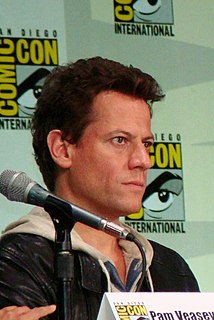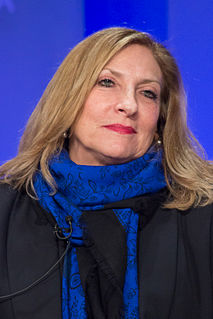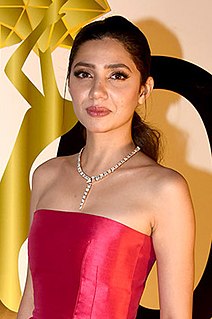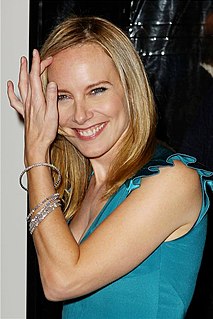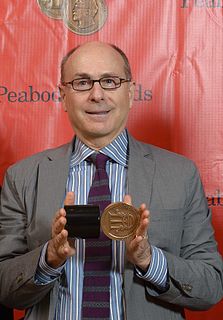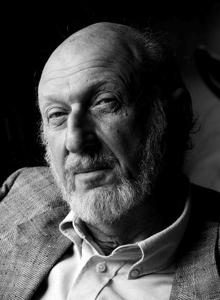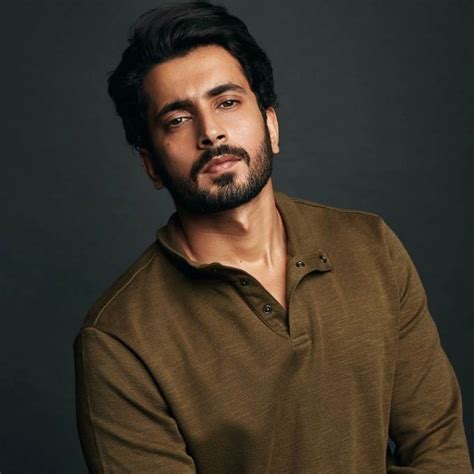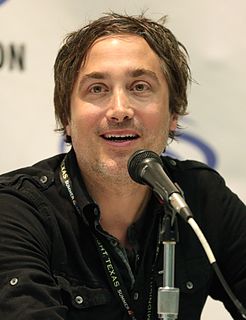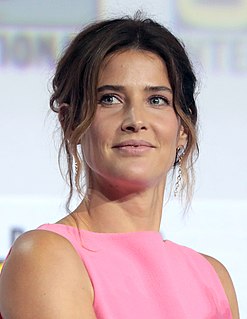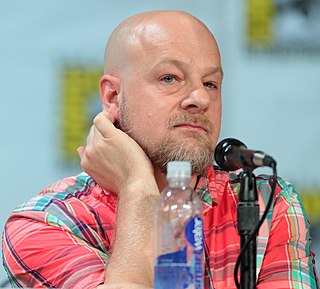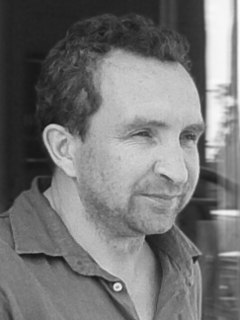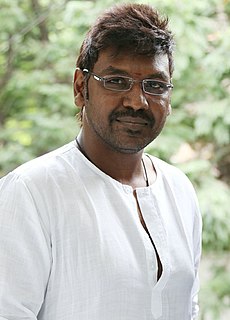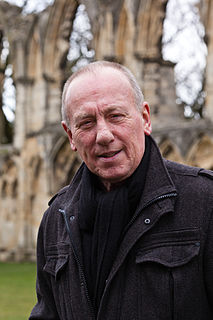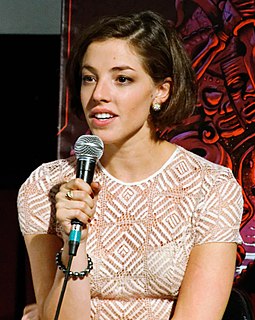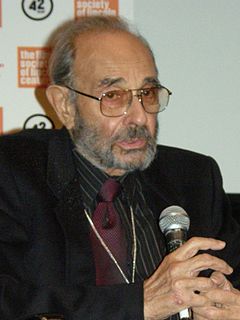Top 1200 Film Actors Quotes & Sayings - Page 19
Explore popular Film Actors quotes.
Last updated on October 12, 2024.
When I do a film score, I am basically nothing more than a fancy pencil for hire. I don't own any of the music when I am - it belongs to the film company - and likewise, when I am done, even if I come up with something astounding that I may want to revisit... in the world of film composition, you can't do that.
I started my career with her. I was supposed to do my first film in Tamil in which she was the other heroine. The film was titled 'Vennira Aadai.' It was a love triangle, with Jayalalithaaji and I playing the hero's two love interests. But the director Sridhar removed me from the film after a few days' shooting.
I went back to Dallas for a little while to finish my short film 'Rusty Forkblade.' It was not the instant success I thought it was going to be. There's a false narrative that if you make a short film right after senior year, you'll be plucked out to make a feature length film, and the rest is history. I didn't do that.
I like to think in camera, but at the last minute the most important thing is that there is something happening between the actors. But good actors can have a lot of scenes going around them but sometimes it sort of helps the performance because it takes their mind off of who they are supposed to be.
I went to Oberlin College, and they don't have a film major, but they do have what's called an individual major, where you can sort of pitch to a committee your own course study, and if they approve it, you have essentially just designed your own major. So Oberlin doesn't have a film major; they do have a film minor... And then my spring semester of my junior year, I went off to NYU film school as a visiting student - they have a program for kids from other schools to come in for a semester.
Ellen [Page] and I had only met a couple of times, but had mutual admiration for each other's work. When I first heard about the film [Into the Forest], I was excited to get a chance to work with one of my peers because it's usually one or the other. You don't get to work with all of the other actors that you're usually competing with.
You try to follow suit and the directors I work with, like Sidney Lumet (on film in Before The Devil Knows You're Dead and TV in 100 Centre Street) who thinks actors hung the moon, thinks they can do anything, but he also works really quickly, the same like Clint Eastwood, and so you better also do your homework, you know?
If you take 'Agni Natchathiram,' it is about two half-brothers and their emotions and those are genuine, which can be made into a very hard-hitting film just that it can be presented in an entertaining fashion. Similarly with 'OK Kanmani,' it is a genuine film; it is not a flippant film just for commercial purposes.
I've actually done more [music for] films than television. I love the process of writing for a film. I love that you are creating this suite of music for a film, that's all tied together sonically and thematically and hopefully people associate with the film. They all are meaningful to me in different ways.
Film and stage are very different; I don't necessarily prefer one over the other. Every few years, I get a big itch to go back to the theater. To learn humility, to learn bravery and to remind yourself that the pistons that drive your craft are working on full power. And to remind yourself how badly paid actors can be.
There's a tacit belief that actors shouldn't write books, they're sort of allowed to direct movies but there will be a lot of skepticism, and they shouldn't do artwork or music. There are these invisible roadblocks to gain entree to these areas for actors, and you kind of have to crash through those invisible barriers.
